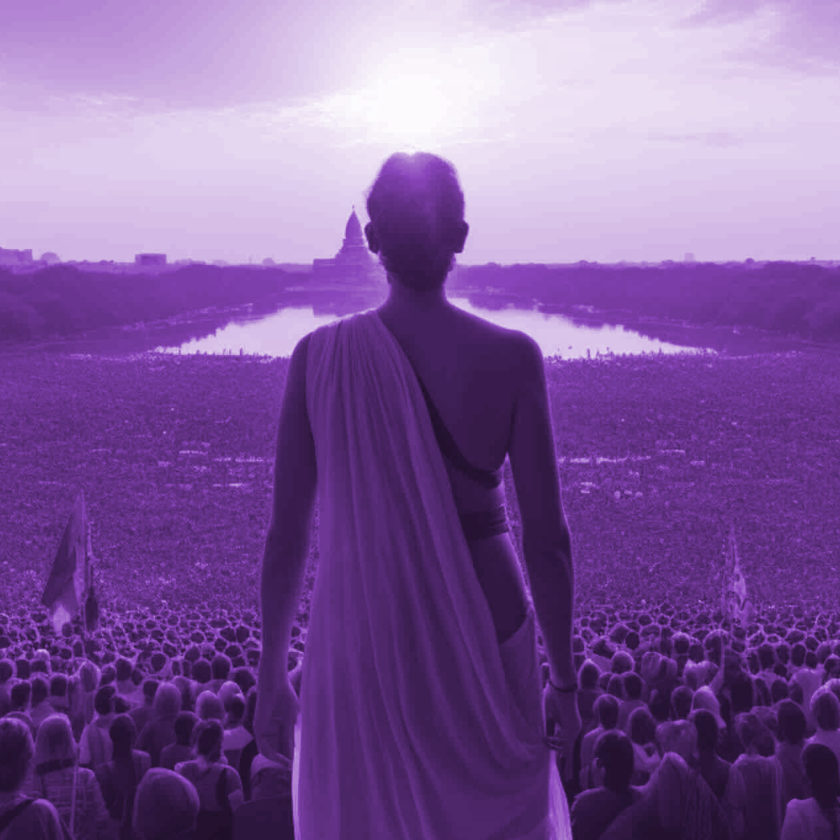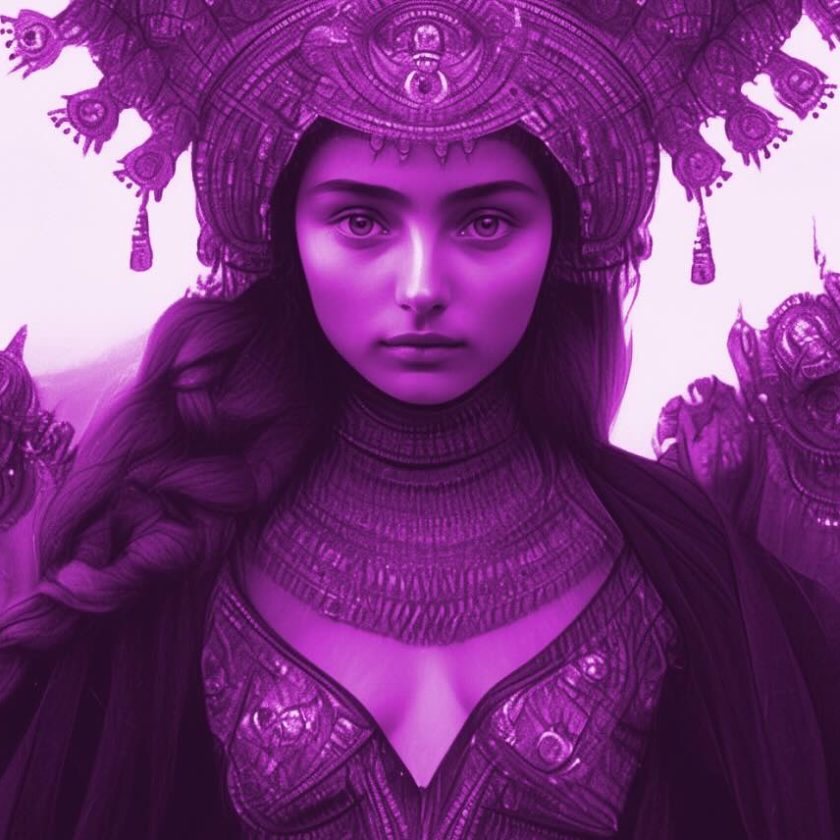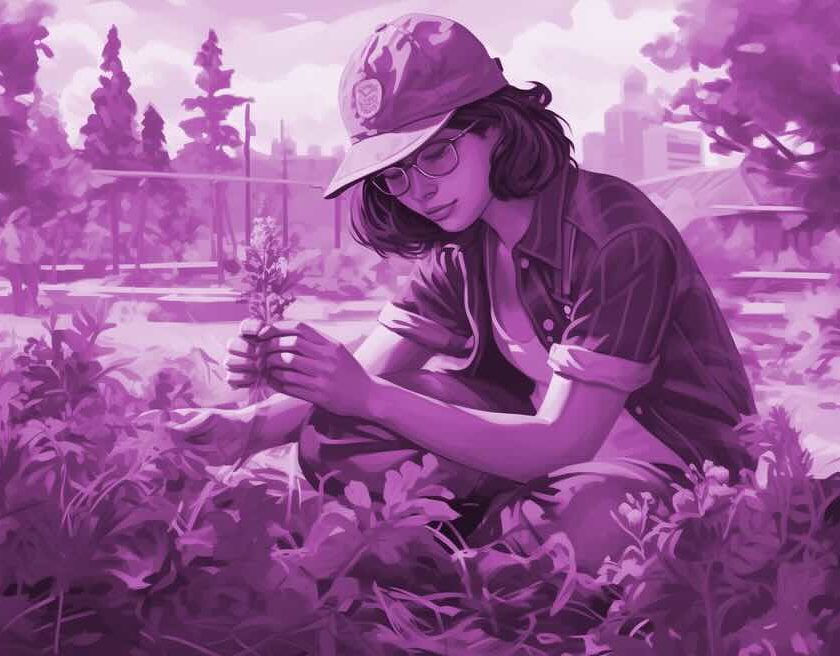Wherever we are, regardless of our age, we are subject to the game of status. Most of the time, this game is unconscious; we play it without even knowing. The rules change depending on the environment we’re in. In essence, we play multiple status games depending on whether we’re with family, at school, or at our workplace.
Status: a central element of our survival
Humanity has experienced at most only 500 generations of settlement. In contrast, our nomadic period lasted for over a hundred thousand generations. Status is an important element because it allowed the survival of man through his belonging to a group. A person who would be banished from a group in the Paleolithic would have had very little chance of survival and virtually no chance of passing on their genes to future generations. That’s why being socially accepted is still so important today; it’s something that has marked our DNA.
There are different ways to acquire status: dominance, prestige, and virtue
There have been several degrees of status throughout the ages. In ancient times, brute strength prevailed in the earliest groups of humans because it allowed them to defend against predators and other human bands. As time passed, human groups became more complex. The emergence of tools allowed for a segmentation of roles within the group. It wasn’t just brute force that was valued anymore, but also the contribution that the individual brought to the group. Prestige began to become a much more important aspect in terms of status. A shaman, an exceptional fisherman, a storyteller, or a knife maker could compete in terms of status with the fiercest warriors of the clan.
Prestige
Prestige is therefore linked to social utility within the group. Dominance is also useful (especially for protecting the group), but generally, it is mostly used to serve the interests of the one who holds the power. Dominance is our most archaic way of governing. It occasionally manifests itself (for example, when children argue), but more often than not, it is silent because we prefer to rely more on prestige to avoid being disqualified in a way. Indeed, the more complex a society is, the more elements of pure brutality will be reprimanded, and individuals resorting to violence may suffer a form of ostracism. We all seek prestige. Professions illustrate this quest well. When we think of professions like doctor, politician, or CEO, there is notably a correlation with their social utility, making these professions extremely prestigious.
Virtue
Virtue is an even higher level concerning the possibility of associated status. Virtuous people are somewhat at the forefront of the societal narrative. They are the shamans, priests, Brahmins, sheikhs, or philosophers in secular societies. They are the guarantors (and representatives) of the moral authority of a nation and enjoy the highest degree of respectability in their respective society. It is not necessary to have a profession related to the cardinal virtues of a nation to enjoy certain benefits. You simply need to act in accordance with the ethics of your society (be charitable in a Christian society, courageous in a tribal and warrior society, or humble in a Confucian society).
The person highest on the social pyramid will know how to combine the three dimensions of status
Since these three status values are intrinsically linked to what we are from an anthropological point of view, it is good to play with these 3 levers to acquire the maximum status capital.
Increase your dominance:
To increase your dominance, you must increase your will. To do this, you need to encounter some form of resistance to train yourself to exceed your limits. Essentially, adversity will help you become stronger and more incisive. You can join a martial arts club or undertake a difficult project (starting a business, for example) to test your will while developing it.
Increase your prestige:
To increase your prestige, you just need to turn to talents that increase your utility or wealth (the two are generally correlated). If you are wealthy, you have the opportunity to help more people, and if you have a rare and sought-after skill, you also have the opportunity to improve your usefulness to people or companies. Your prestige can be increased by your influence: the more people know you and appreciate you, the more significant leverage you have to influence society (social capital). Essentially, prestige could be the sum of different forms of capital: social capital / financial capital / symbolic capital / cultural capital / competence capital, etc.
Increase your virtue:
Virtue could be associated with what is commonly called reputation. It is moral or spiritual capital. You can increase it, and it will have a multiplier effect on the other forms of capital you already possess.
Refuse to play the status game
Some people refuse to leave their homes (cf. hikikomoris in Japan) because the social environment is too difficult, too competitive, too homogeneous in a way. They feel the weight of others’ judgment on their shoulders, they can no longer lose face constantly, so they prefer to seclude themselves at home to no longer show their face in broad daylight. So, is there really a way out in such circumstances? Can we escape the pressure of others and end the status game?
Escape or at least dodge status logics
If you live in different countries throughout the year or frequent different socio-cultural or religious backgrounds, the contours of your status quest would be difficult to draw. There is therefore a possibility of not feeling the pressure of status as strongly if the social environment in which you live is constantly changing. Your mobility and agility are your strength. The more shells and cloaks you accumulate, the more you have the ability to put yourself in the shoes of anyone and travel without wanting to maintain your ego at all costs; the more chance you have of being “above the fray.” Of course, you can also be perceived as a marginal in all the societies you will cross (e.g., travelers), but in reality, the world today is different. When you travel, you have the opportunity to belong to another group that doesn’t necessarily mingle but still recognizes each other. You have the opportunity to belong to the group of travelers (digital nomads, wealthy retirees, etc.); it’s up to you to choose the subgroup that best corresponds to who you want to be.
To summarize:
- You don’t really have the choice to avoid the status game; you play one of the existing games (dominance, prestige, or virtue), whether you want to or not.
- You can avoid playing only by cutting yourself off from the world and living in isolation.
- You can overcome this status game if you develop a form of mobility.
- There are several ways to increase your status. You just need to acquire one of its forms.
Articles relatifs:
No related posts.










